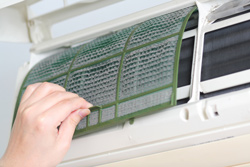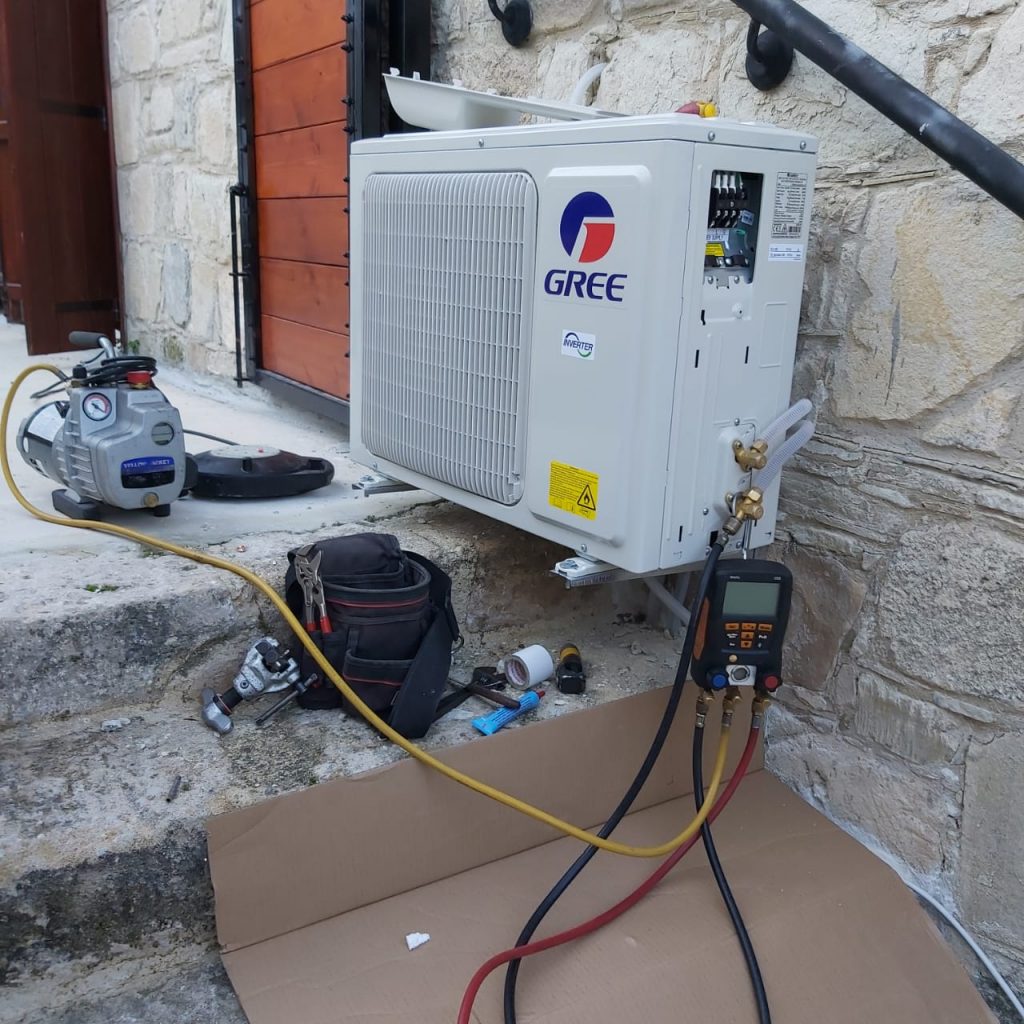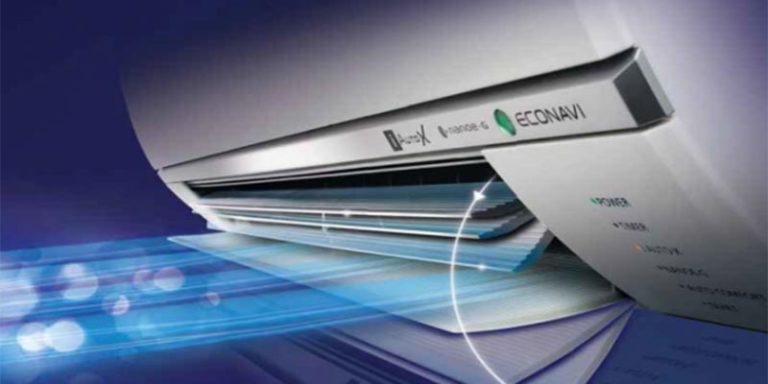Air conditioner care recommendations
In most cases, having bought and installed an air conditioner, they begin to use it in the same way as any other household appliances: TV, iron or vacuum cleaner. The consumer acts on the principle — let it work until it breaks. In relation to the same TV or vacuum cleaner, this principle justifies itself — it may take more than one year before the first breakdown (high-quality equipment may well work without specialized maintenance and repair for 5-7 years, and sometimes even more). However, for a split-system, such operation is likely to lead to serious breakdown in 2-3 years. This feature is inherent in both inexpensive models — LG, Samsung, and premium air conditioners — Daikin, Mitsubishi, Fujitsu. The difference between them is that in more expensive models there are more degrees of protection against misuse and such air conditioners simply «refuse» to turn on even with a slight deviation from normal operation.
To understand the reason for such a «sensitivity» of split systems, let us consider in general terms their internal structure. Any split system consists of two blocks — an external one, which contains a compressor, a fan and a radiator (called a condenser) and an internal one, which also contains a fan and a radiator (called an evaporator). During installation, these blocks are connected by copper pipelines, through which a mixture of freon and a small amount of compressor oil circulates under high pressure. Fans located in the indoor and outdoor units provide airflow to the radiators to improve heat transfer and even distribution of cold air in the room. So what are the most common causes of an air conditioner failure?
Reasons for the failure of the air conditioner
Clogged indoor unit filters

In the internal block of any air conditioner there are plastic filters in the form of a multi-layer fine mesh. They completely cover the radiator (evaporator) and protect it from dust, fluff, animal hair. To clean the filters, it is enough to rinse them in warm water and dry for a few minutes. Removing and installing filters is no more difficult than replacing a dust bag in a vacuum cleaner — the operating instructions always tell you in detail how to do this. It is necessary to wash the filters as soon as they become dirty, making sure that no dust accumulates on them.
What happens if the filters are not cleaned for a long time? As they become dirty, the air flow through the evaporator will begin to decrease, as a result of which the air in the room will be less cooled. In addition, the operating mode of the refrigeration system will be disrupted: due to poor airflow around the heat exchanger, the freon inside it will not have time to evaporate, and this can lead to freezing of copper pipelines. In this case, when you turn off the air conditioner, the ice will melt and the formed water will drip from the air conditioner. Another problem that occurs when filters are clogged is clogging of the drainage system with dust lumps. In this case, the water from the air conditioner will already pour out in a stream. It is also necessary to wash the filters for hygienic reasons, because pathogens can begin to multiply in wet dust, which then enter the air in the room, and from there into the lungs.
Note that filter cleaning is not included in the standard warranty service and must be performed by the consumer (just like replacing bags in a vacuum cleaner) in accordance with the instructions for use.
Freon leak

The second most common reason for the failure of an air conditioner is the normalized leakage of freon. Normalized leakage (about 6–8% per year) always occurs, even with the highest quality installation — this is an inevitable consequence of connecting the inter-unit pipeline by expanding.
To compensate for it, the air conditioner must be refilled with freon every 1.5–2 years. If refueling is not carried out for more than two years, then the amount of freon in the system will fall below the permissible level, and this can have the most sad consequences for the air conditioner.
During operation, the compressor is cooled by freon and, if it is insufficient, it may overheat and jam. And the cost of replacing a compressor is about half the cost of a new air conditioner.
It is not necessary to have special equipment to detect the fact of a leak. The first signs of a decrease in the amount of refrigerant in the system are the formation of frost or ice on the unions of the outdoor unit (this is the place where copper pipes are connected), as well as insufficient cooling of the air in the room (the temperature difference at the inlet and outlet of the indoor unit should normally be at least 8-10 ° C). If such symptoms appear, turn off the air conditioner and contact the service department to eliminate the malfunction.
Rules for the operation of air conditioners
In order for your air conditioner to work for the entire period assigned to it, on average from 7 to 12 years, you need:
- Clean the filters of the indoor unit regularly;
- If the air conditioner has ceased to function normally (water is dripping from the indoor unit, an ice «coat» has grown on the copper pipes, the air cooling in the room has worsened, crackling and other extraneous sounds have occurred), turn off the air conditioner and contact the service department for help;
- At least once every two years, call the service representatives for preventive maintenance: checking the pressure in the system and refueling with freon, a complete check of the air conditioner in all operating modes (to identify hidden faults), cleaning the indoor and outdoor units. At the same time, the outdoor unit is blown with a jet of compressed air using a compressor to remove poplar fluff and dust;
- Do not turn on the air conditioner, if it is not equipped with an all-season unit, when the outside air temperature is below 0 ° C.
Do you need advice on caring for your air conditioner? Calling a specialist of the Air Conditioner Paphos Company or Contact us:
